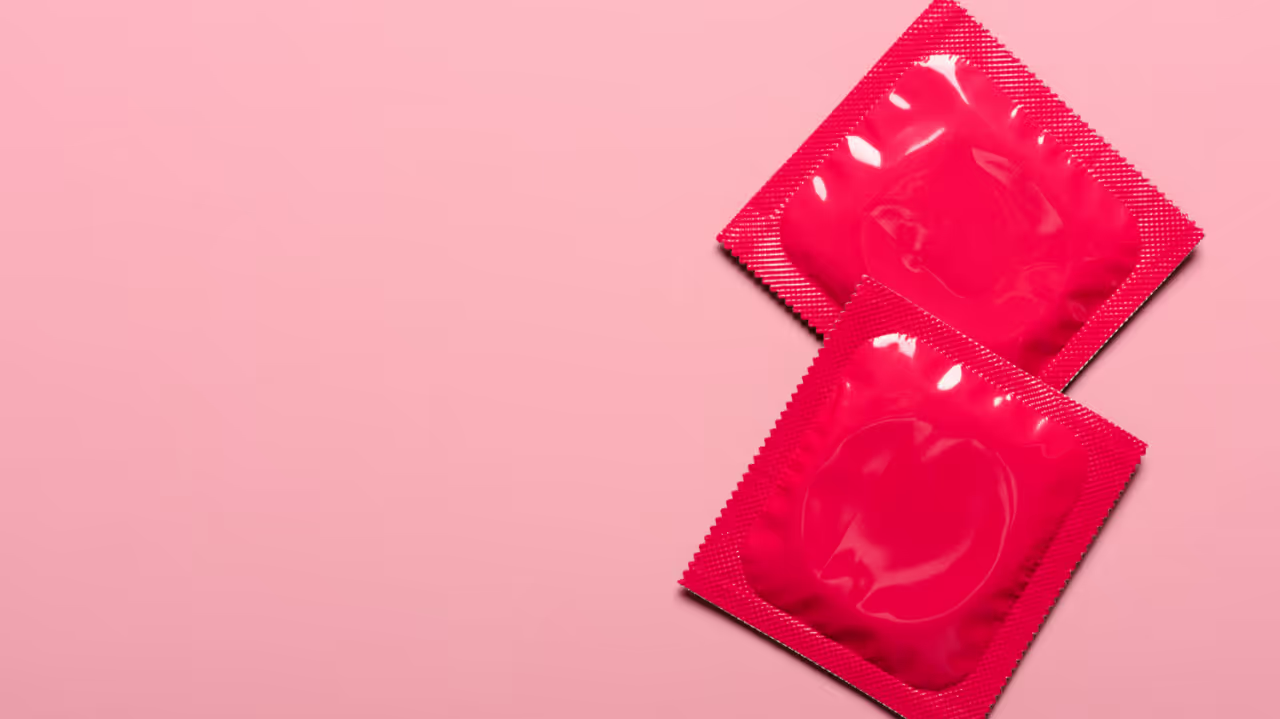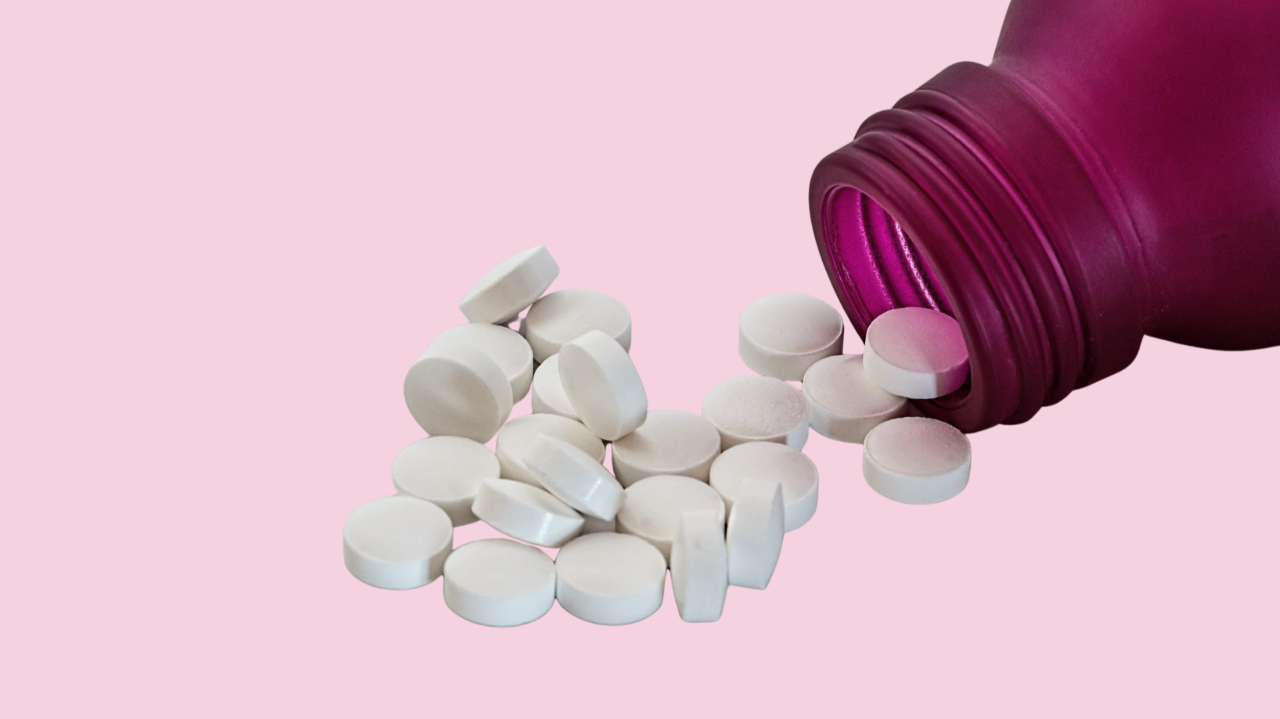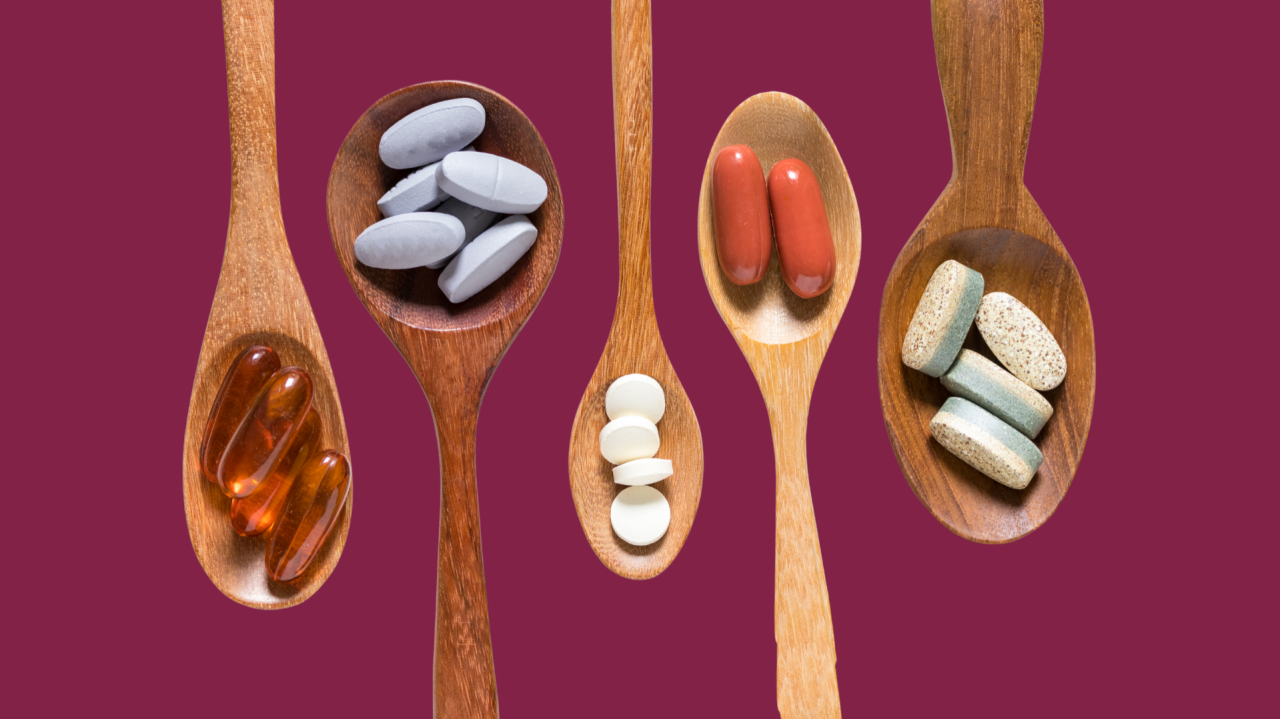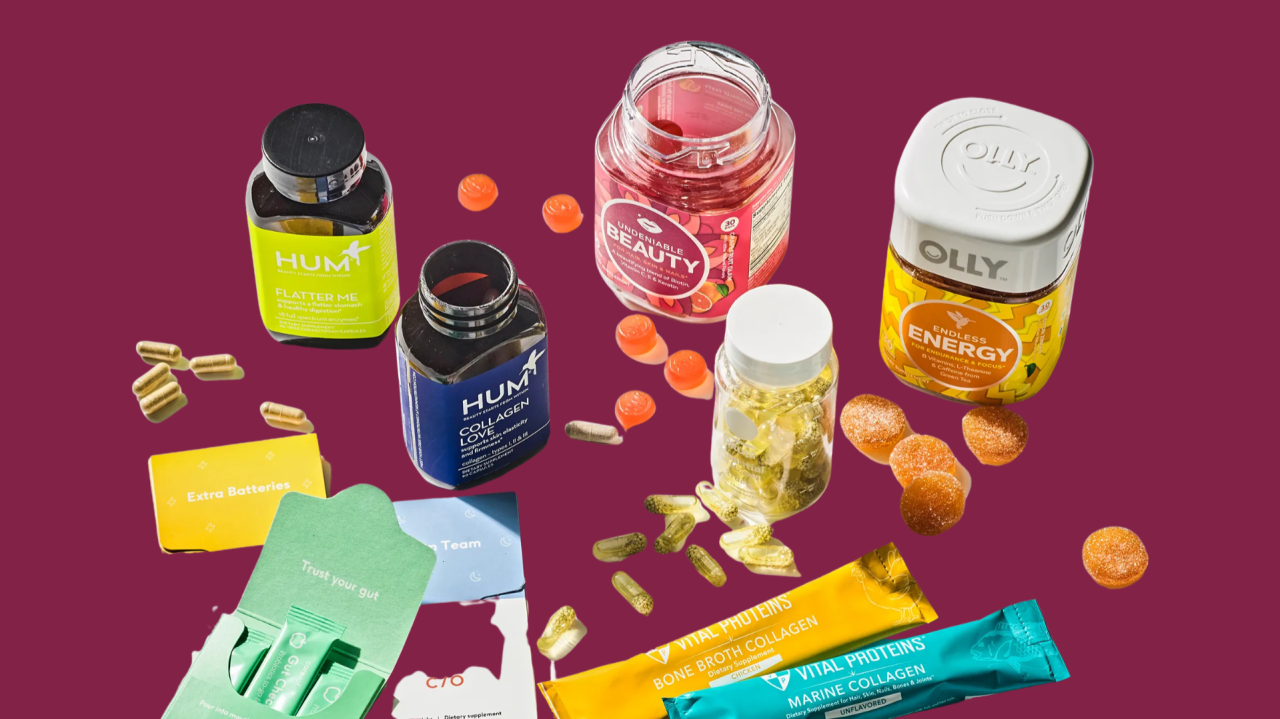In today's edition of "news that only formulators, manufacturers, and regulators will geek out over":
It's Valentine's Day, so let’s talk about intimate wellness products and the fine line between a cosmetic, a general consumer good, and a bona fide medical device. Whether you're treating your partner to something special or launching a new product in the booming personal wellness market, knowing the regulatory landscape is key—because getting it wrong can mean compliance nightmares, product recalls, or even market bans.
So, which intimate wellness products are classed as medical devices in the UK? The short answer: anything that claims to diagnose, prevent, support, or alleviate a medical condition. But, as always with regulations, the details matter.
The Big Three: What Makes an Intimate Wellness Product a Medical Device?
1. Barrier Protection & Health Support
Protective barriers and certain gels are medical devices because they actively help prevent health risks. Under UK law (specifically the UK Medical Devices Regulations 2002, as amended), anything that has a medical purpose, such as supporting intimate health or acting as a protective measure, automatically falls into medical device territory. That means these products must meet stringent safety, efficacy, and post-market surveillance requirements.
2. Circulation & Wellness Devices
Vacuum therapy devices, wellness pumps, and even some wearable tech claiming to support circulation are medical devices if they make therapeutic claims. If your product states that it "supports circulation," "improves blood flow for health purposes," or "enhances wellness through physiological intervention," expect to go through a medical device registration process.
3. Pelvic Floor & Muscle Strengthening Products
Pelvic floor trainers, muscle relaxers, and certain electrostimulation devices all sit under the medical device umbrella. Why? Because they’re not just about general well-being—they claim to help with recovery, muscle health, or comfort. Any product that claims to strengthen muscles for health benefit (rather than just as a fitness tool) must be registered as a medical device.
The Regulatory Implications
If your product is classed as a medical device, it’s not just a case of slapping a CE or UKCA mark on it and calling it a day. You’ll need to:
- Undergo rigorous safety and performance testing.
- Provide clinical evidence to back up any medical claims.
- Maintain post-market surveillance to track product safety over time.
- Ensure proper labelling, packaging, and user instructions meet regulatory standards.
What About Gels, Devices, and Other Personal Wellness Products?
Here’s where it gets tricky. Gels, for instance, can fall into multiple categories. If a gel is marketed as simply enhancing comfort, it’s a cosmetic or a general consumer product. But if it’s labelled as "compatible with protective barriers to support health" or "formulated to maintain balance and well-being," it’s veering into medical device territory.
Personal devices, on the other hand, are usually not medical devices unless they claim to treat a condition—like improving circulation or addressing discomfort through physiological means. Standard wellness tools? Not medical devices. Smart wellness devices claiming to "enhance function for health benefit"? You might be in regulatory hot water.
Final Thoughts: Know Your Category
With Valentine's Day bringing a surge in sales for intimate wellness products, it’s more important than ever to understand where your product sits within the regulatory framework. Making medical claims without the necessary approvals could land you in trouble, while failing to market a legitimate medical device correctly can block you from the market altogether. When in doubt, check the guidance or speak to a regulatory expert—because in this space, compliance isn’t optional.


 By admin
By admin
.svg) Feb 14, 2025
Feb 14, 2025







